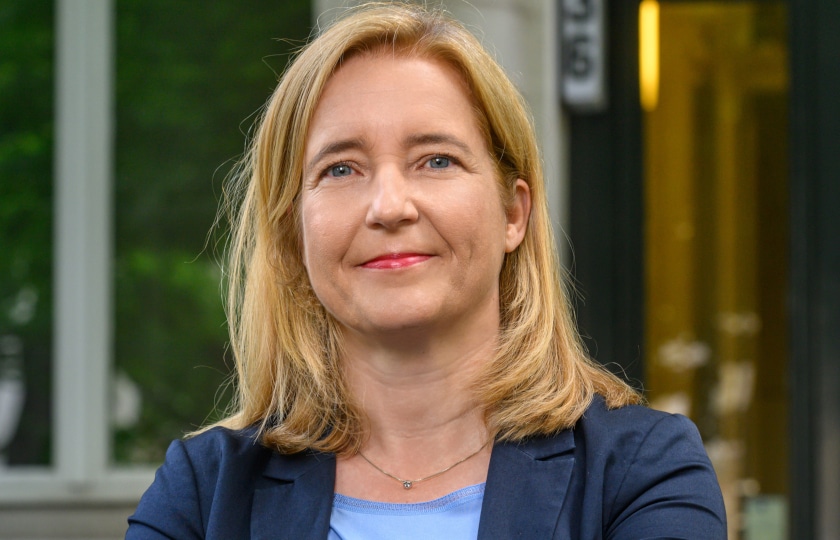A network supporting interdisciplinary collaboration in the field of health communication.
In the last few years, the topic of “Health Communication” has gained in significance in German communication research, as is reflected in numerous projects and initiatives. In this context, the long-term project “Netzwerk Medien und Gesundheitskommunikation” [Network for Media and Health Communication] is seeking to contribute to interdisciplinary cooperation since its establishment in 2003.
Project Description
“Netzwerk Medien und Gesundheitskommunikation” [Network for Media and Health Communication], is a joint initiative by Dr. Eva Baumann (University of Münster), Dr. Claudia Lampert (Leibniz Institute for Media Research) and Dr. Constanze Rossmann (IfKW, Munich, Institute for Communications Studies and Media Research), which is seeking to contribute to the interdisciplinary networking of participants particularly engaged in media-related health communication. Beside providing information online and via a regular newsletter, the network organizes conferences on various related themes.
Further information on the network and its activities are available under www.netzwerk-gesundheitskommunikation.de (in German).













